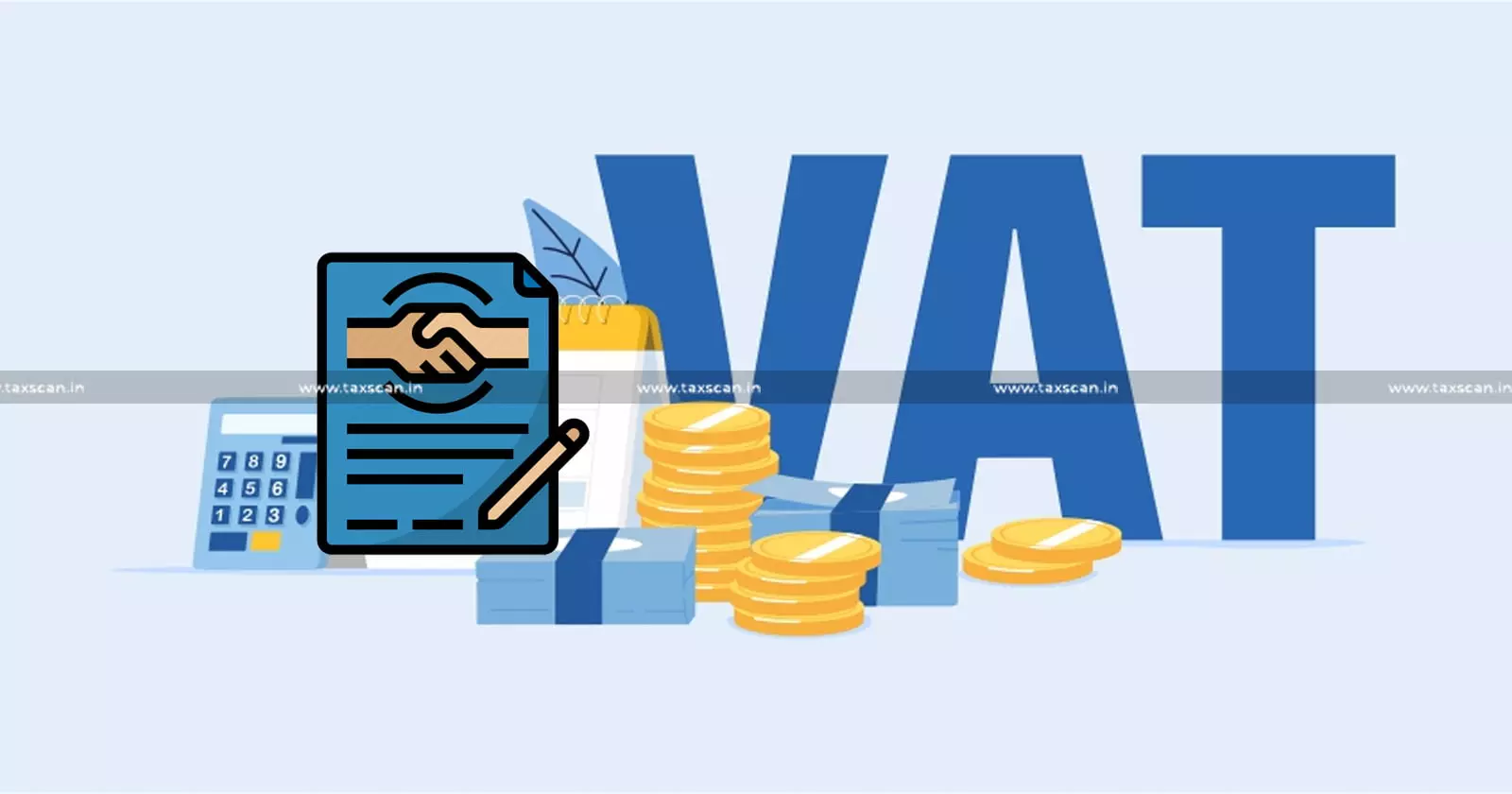European Commission’s 2026 Agenda Highlights Major Changes in VAT, Customs, and Energy Taxation
The European Commission’s 2026 Work Programme outlines major reforms in VAT, customs, and energy taxation aimed at simplifying compliance, supporting green transition goals.

The European Commission has unveiled its 2026 Work Programme titled “Europe’s Independence Moment.” The document lays out the European Union’s priorities for the year ahead and sets the stage for one of the most ambitious fiscal and trade reform phases in recent years.
The agenda covers defence, digital sovereignty, industrial innovation, and social resilience. It also focuses strongly on taxation, customs, and energy policy. These areas are considered vital for strengthening competitiveness, simplifying compliance, and ensuring sustainable growth.
Taxation: Omnibus on Simplification and Fairness
A key initiative in the 2026 Work Programme is an Omnibus on Taxation, a legislative package scheduled for adoption in the second quarter of 2026. The initiative seeks to bring together and simplify several EU tax measures to reduce administrative burdens and improve consistency across Member States.
The Commission intends the Omnibus to work alongside ongoing projects such as “BEFIT” (Business in Europe: Framework for Income Taxation) and the Head Office Tax system for small and medium enterprises. Together, these reforms aim to simplify reporting, eliminate duplication, and coordinate VAT, customs, and excise rules under a more coherent system.
The Commission believes that simplification should produce practical benefits for both businesses and citizens without compromising standards. By 2026, it plans to cut compliance costs for small and medium enterprises by up to 35 percent in areas such as taxation and energy regulation.
The Commission also plans to withdraw older proposals that are no longer relevant, such as the 2013 financial transaction tax and the 2021 anti-shell entity directive, in order to modernise the legislative landscape.
VAT and Customs Reforms: Completing the Digital and Customs Unions
VAT and customs policy remain among the most active areas of EU reform. The 2026 Work Programme builds on the progress of the VAT in the Digital Age (ViDA) initiative and the 2028 Customs Reforms. The Commission has identified three main priorities for the year:
- Revision of tariff rules for distance sales and the removal of the low-value customs duty exemption to close loopholes in e-commerce imports.
- Creation of a new Union Customs Code and establishment of a European Union Customs Authority to harmonise data systems, improve risk management, and strengthen compliance monitoring.
- Adjustment of VAT rules for cross-border e-commerce with the introduction of simplified declaration and payment systems for small businesses and digital platforms.
The programme also includes plans to suspend customs duties on selected imports and revise tariff quotas for goods imported from the United States. These measures are intended to support transatlantic trade cooperation under the EU’s broader “Global Europe” policy.
The Commission has proposed a new “Single Market and Customs Programme 2028-2034” to ensure that customs reforms translate into real efficiency gains. The initiative will fund the digitalisation of customs procedures, modernise tariff databases, and encourage closer coordination between national customs authorities.
Energy Tax Reform: Aligning Fiscal Policy with Climate Goals
Energy taxation is another major area of reform in the 2026 agenda. The Commission plans to revive its proposal to update the taxation of energy products and electricity. The reform aims to link tax rates to carbon content and energy efficiency rather than the quantity of fuel consumed.
This update is intended to support the EU’s climate and energy transition goals while also reducing dependence on fossil fuels. The Commission is planning an Omnibus on energy product legislation for mid-2026, which will combine several existing directives into a single, simplified framework.
Alongside this, it proposes improvements in the governance of the Energy Union and the creation of new carbon dioxide transport markets. The goal is to lower energy costs, enhance energy security, and boost industrial competitiveness across the Union.
Global and Transatlantic Trade Cooperation
The 2026 agenda also connects fiscal reform with trade and external relations. The Commission aims to deepen cooperation with the United States through a new EU–US trade framework and to develop a Pact for the Mediterranean that focuses on clean energy and transport infrastructure. These initiatives are intended to strengthen supply chains, improve access to critical raw materials, and support Europe’s green transition.
Implications for Businesses and Tax Professionals
For companies operating within or trading with the European Union, the 2026 reforms could bring significant change. Businesses can expect:
- A fully digital VAT reporting system under the ViDA initiative.
- A unified customs risk management structure under the new Union Customs Code.
- Simplified tax and reporting procedures, especially for smaller enterprises.
- Energy tax rates that reflect carbon efficiency and the use of renewable sources.
Together, these changes are designed to make the EU a more predictable, transparent, and competitive market.
Support our journalism by subscribing to Taxscan premium. Follow us on Telegram for quick updates


